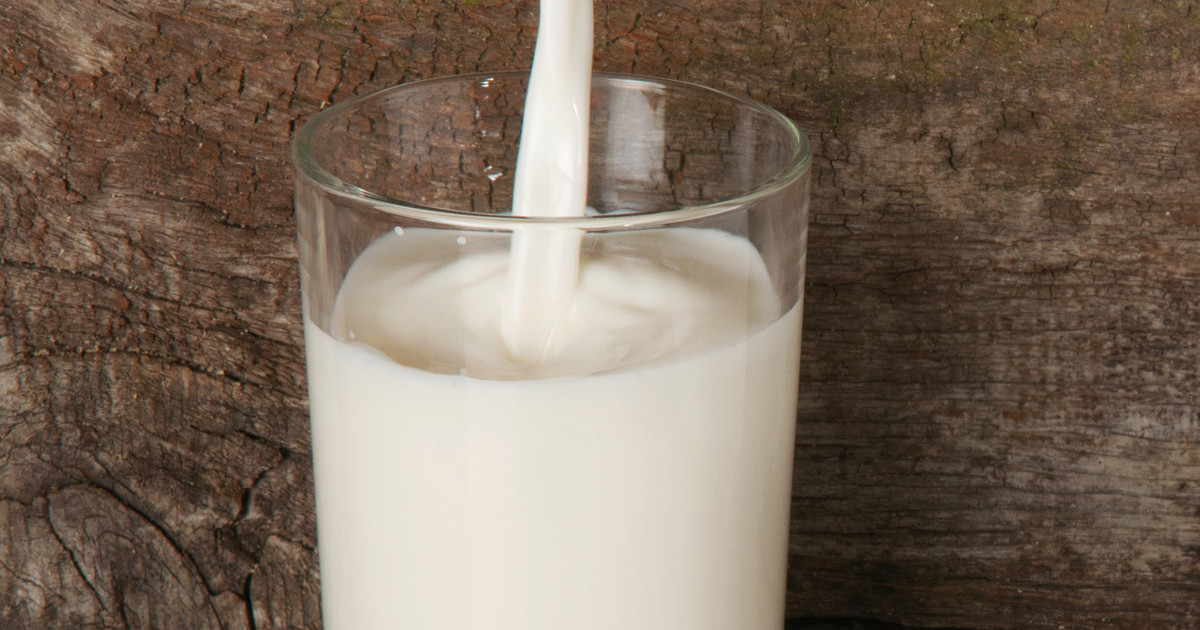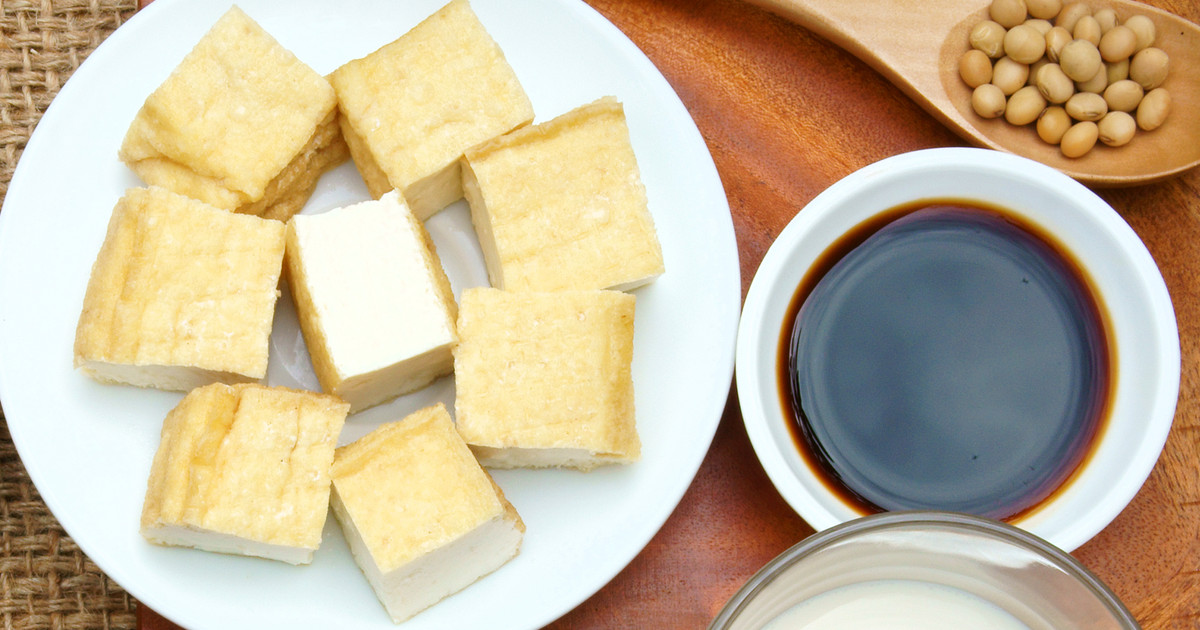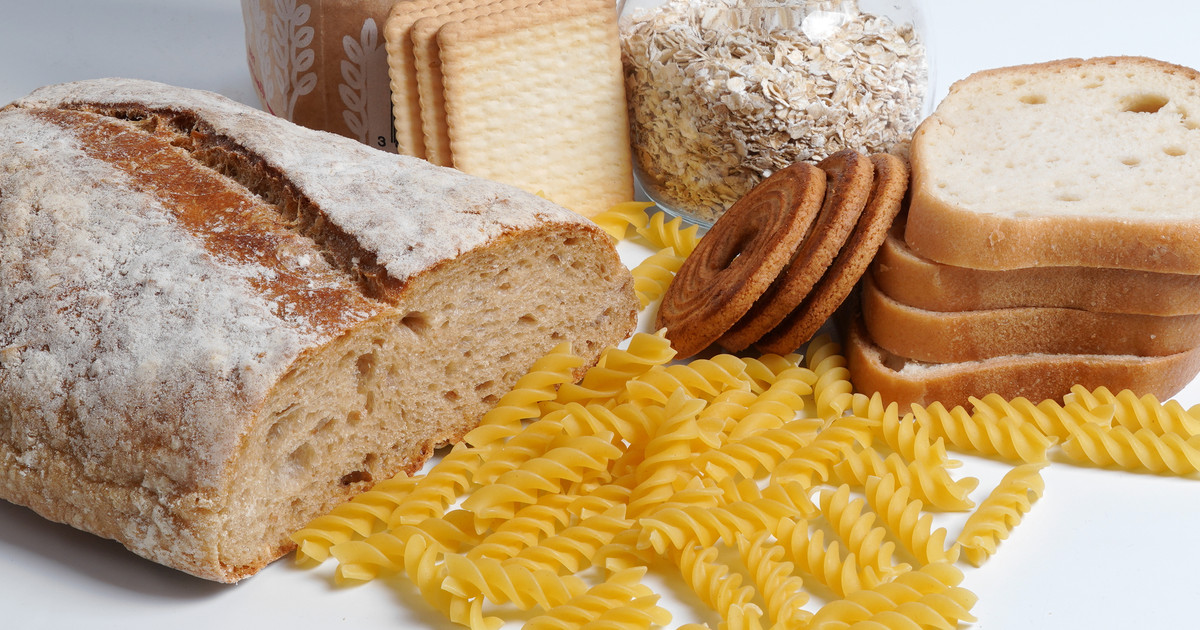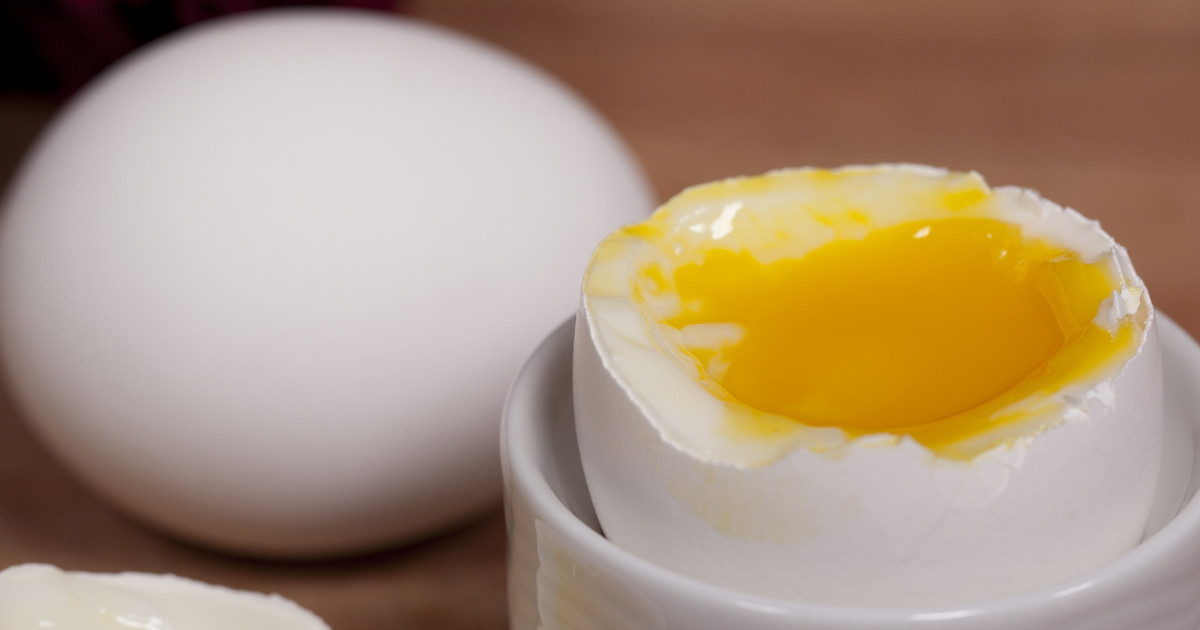Foods To Avoid For Nasal Polyps
Nasal polyps are benign growths found in the nose. The underlying mechanism that causes the development of these growths is inflammation. Prolonged inflammation in the nasal cavity can be caused by asthma, hay fever, chronic sinus infections, Churg-Strauss syndrome, cystic fibrosis, and certain anti-inflammatories. Nasal polyps can also be hereditary. Symptoms of polyps in the nose include a constant runny nose, nasal congestion, sinus pain, sleep apnea, snoring, chronic postnasal drip, and a clogged nose.
Individuals have several options to get rid of nasal polyps. Many of them turn to saline spray for nasal polyps or even a corticosteroid nasal spray. Some patients will try a neti pot for these polyps. However, sometimes other medications are necessary to shrink nasal polyps. Surgical procedures may be required for severe cases. Of course, diet matters for dealing with polyps in the nose too.
Dairy Products

Dairy products are foods and beverages made from milk, including yogurt, butter, cream, cheese, custard, and ice cream. Of course, milk itself is a dairy product too. Nasal polyps are obstructive to the nasal passageway, which mechanically causes the buildup of mucus that leads to nasal congestion. When an individual consumes dairy products, their production of mucus in the body is increased.
Additionally, the fat content in dairy products causes an individual's mucus and phlegm to become thicker than it would be otherwise. The combination of the mechanical obstruction of mucus and the thickening of the mucus due to the consumption of dairy can make symptoms of nasal polyps more severe. An individual who consumes dairy products frequently and is affected by nasal polyps is more likely to experience a chronic clogged nose and nasal congestion.
Soy Products

Soy products are produced using soybeans, a common legume. The most common products with soy are edamame, tamari, teriyaki sauce, tofu, miso, soy flour, soy sauce, and tempeh. Soy is also an alternative to dairy, so there is also a soy version of cheese, yogurt, and ice cream. Many artificial flavorings, vegetable broths, vegetable gum, vegetable starches, and Asian dishes also include copious amounts of soy.
Soy products activate a cascade of immune components that are known to produce an allergic reaction. This cascade is what causes inflammation in many parts of the body. As the oral and nasal cavities are integral parts of an individual's immune system, these areas can become affected by the inflammation that occurs with the consumption of soy products. The cascade of white blood cells and the increased mucus production can exacerbate the existing obstructive tendencies of nasal polyps in an affected individual. Thus, their symptoms will worsen.
MSG And Sulfites

Sulfites are preservatives that are frequently used to delay the growth of mold on food. They also increase freshness. Sulfites may be referred to as sulfurous acid, sulfites, and sulfur dioxide, among others. Common foods that contain sulfites include soup mixes, pickled foods, dried fruit, potato chips, wine, vegetable juice, beer, apple cider, and condiments. Frozen shrimp, guacamole, maraschino cherries, lemon juice, and canned vegetables also contain sulfites. Monosodium glutamate (MSG) is a flavor enhancer often included in canned vegetables, processed meats, and canned soups.
Both MSG and sulfites are common sources of sensitivity in individuals when they are consumed. Much like the white blood cell cascade that occurs in individuals who are allergic to soy, the same immune response can occur with sulfites and MSG. The allergic reaction contributes to the increased amount of mucus in the nasal passages. This will increase the severity of nasal polyp symptoms.
Food With Gluten

Gluten is a protein that naturally occurs in grains, including barley, rye, spelt, and wheat. Flours tend to form a glue-like sticky network substance when combined with water due to gluten. While most individuals can eat gluten without significant adverse effects, others may be sensitive to it or even be severely allergic. Individuals who are sensitive or allergic to gluten can experience symptoms that are associated with an increased immune system response to the protein. Their body may recognize it as a foreign invader.
The increased immune response can send all components into overdrive, including the mucous membranes that line the nose, oral cavity, and other digestive organs. When an individual consumes gluten, an abnormal flood of histamine and other inflammatory chemicals can cause their nasal passages to become swollen and irritated. This swelling and irritation combined with nasal polyps can obstruct the sinuses and nasal passages. This produces the telltale symptoms of nasal congestion and sinus pain.
Eggs

Individuals can eat eggs in many ways, such as poached, scrambled, fried, soft or hard-boiled, and even pickled. Chicken eggs are the most common, though individuals also eat duck eggs, quail eggs, and fish eggs. Eggs, like dairy or gluten, can cause an allergic reaction in some individuals who consume them. An individual's immune system can overreact to the types of proteins in eggs. Once again, it is because their body mistakes them as foreign invaders. The immune system releases histamine and other chemicals into the body due to this mistaken identification. The action of these chemicals is what produces allergic symptoms in the mucus membranes. Increased mucus production and swelling of the nasal tissues because of this hyperactive immune response can exacerbate the nasal polyps.
